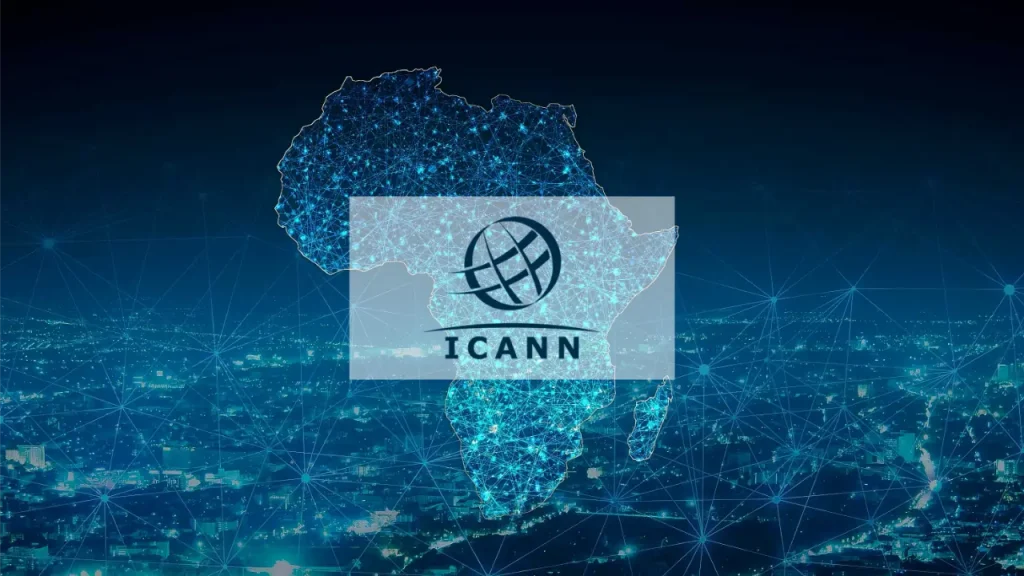- ICANN’s interventions in AFRINIC’s governance, including court actions in Mauritius, directly shape the stability and legitimacy of internet management for local users.
- Legal disputes and ICANN’s oversight raise concerns about external influence versus regional autonomy, a tension highlighted in AFRINIC’s ongoing challenges.
Institutional oversight amid governance crisis
AFRINIC, headquartered in Mauritius, remains the continent’s key manager of IP address and internet number allocation. In March 2025, ICANN issued an update acknowledging the Supreme Court-appointed receiver, emphasizing the importance of restoring operational governance in AFRINIC to protect internet stability. That intervention underscores how global policy bodies can influence the regulatory environment that underpins connectivity for Mauritian users.
When AFRINIC’s June 2025 election was halted over proxy discrepancies, ICANN requested Mauritius’s court to ensure transparency in member records and the Nomination Committee’s composition. A successful ruling required the receiver to issue detailed communication to all resource members about procedural changes. That kind of oversight sends ripples across Mauritius’s digital community, signaling how global actors may reinforce—or clash with—local electoral norms.
Also Read: How AFRINIC’s board elections became a political battlefield
Also Read: ICANN or ICan’t? CEO Lindqvist chooses dictatorship over democracy in AFRINIC
Legal pressure and implications for connectivity
Following election suspension and fallout, ICANN’s July 2025 letter, addressed to Mauritian authorities and the receiver, criticized AFRINIC’s lack of investigation into irregularities and warned of potential compliance review under the ICP-2 framework. That warning creates legal and operational uncertainty. As AFRINIC faces governance challenges and litigation, Mauritian ISPs and users may see delays or hiccups in IP resource allocation—impacting service rollout and network resilience.
Cloud Innovation, AFRINIC’s third-largest member, seeks to remediate governance failures via existing RIR frameworks—not a new entity—through ICP-2 activation. Yet ICANN’s expanded derecognition authority looms over regional autonomy. For Mauritians, this interplay between local oversight and global governance poses a risk that policy decisions may prioritize external standards over community-driven approaches—potentially marginalizing national influence over internet policy.

